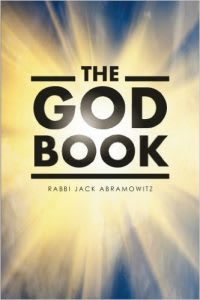22. The Gifts of Intellect and Imagination
Prophecy, as we have discussed, entails a combination of intellectual perfection and imaginative perfection. Each person possesses these qualities to a different degree. [II, 37]
Some people have just enough wisdom to run their own lives, while others possess enough to influence their neighbors, their society, or the world. People with great intellect but without commensurate imaginative capabilities might go on to become scholars or philosophers.
Other people may have highly-developed imaginative abilities but average intellect. Such people of vision might get involved in fields like public service, though they could just as easily become interested in "New Age" endeavors.
A small percentage of people might have imaginative faculties so finely developed that they might mistake their vivid dreams and visions for actual prophecy, which, of course, they aren't. (This is certainly the case today now that we no longer have prophecy at all.) Absent the necessary intellectual tools, they cannot decode the things they perceive. They mistakenly think that they have been granted wisdom without having to put in the effort. They lack an understanding of the underlying philosophical principles and they cannot parse the combination of real and imaginary things they perceive.
Those who have highly-developed intellects (but not highly-developed imaginations) and those who possess both highly-developed intellects and imaginations have something in common: they can be subdivided into two types. Some people of each group are gifted enough to perfect themselves, while others possess a sufficient quantity of their gift that they can help to perfect others.
A wise person might posses just enough wisdom for himself, or he might go on to become a teacher or an author. Without this second degree of intensity, no books would ever be written - no author publishes in order to tell himself what he already knows! When one has achieved this greater order of magnitude, he feels the need to share what he has learned with others.
The same is true for the wise and imaginative person, who possesses the potential for prophecy. Such a person might receive only enough prophecy to be sufficient for self-perfection, or he might receive prophecy to the degree that it could change others' lives as well. If he receives the greater degree, he will feel compelled to share it with others regardless of whether or not they listen to him. This is why so many prophets continued to address the people until they were killed - they were driven by the Divine emanations that they perceived. Such a force is so compelling that they couldn't stop, despite the threats of personal violence that they faced. This is the meaning of such verses as Jeremiah 20:8-9 ("...the word of God is made a reproach to me and a derision all day long. If I say, 'I will not mention Him or speak in His Name any more,' then there is in my heart like a burning fire in my bones. I try to hold it in but I cannot") and Amos 3:8 ("...G-d has spoken; who can help but prophesize?").

